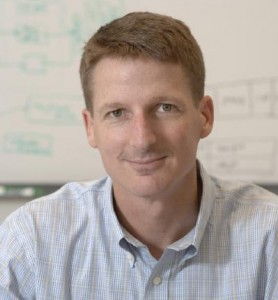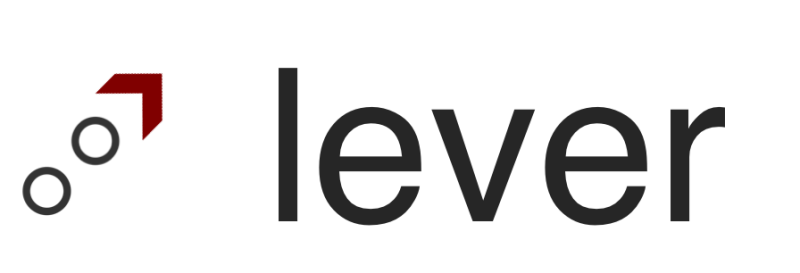Richard Dale (@rdale) is in the process of launching Big Data Boston Ventures, a new micro-VC fund focused on seed-stage big data companies. He was until recently a principal at Sigma Partners, and before that was a co-founder of Phase Forward. Richard is mentor at Techstars, a tech-oriented business accelerator program, MassChallenge, a large startup accelerator program in Boston, as well as Healthbox, a health and technology oriented business accelerator program.
Mr. Dale has emphasized the importance of taking ownership over the business project, as opposed to excessive reliance on mentors’ advice:
“My motto is, if you’re not the smartest person in the room about your company, you’re in trouble. Your mentors have different background and expertise, but how many hours a week does an entrepreneur spend thinking about his or her business? Forty? Eighty? More like a hundred? And how many hours does the mentor spend..? Running your own business is part of the fun.”


















